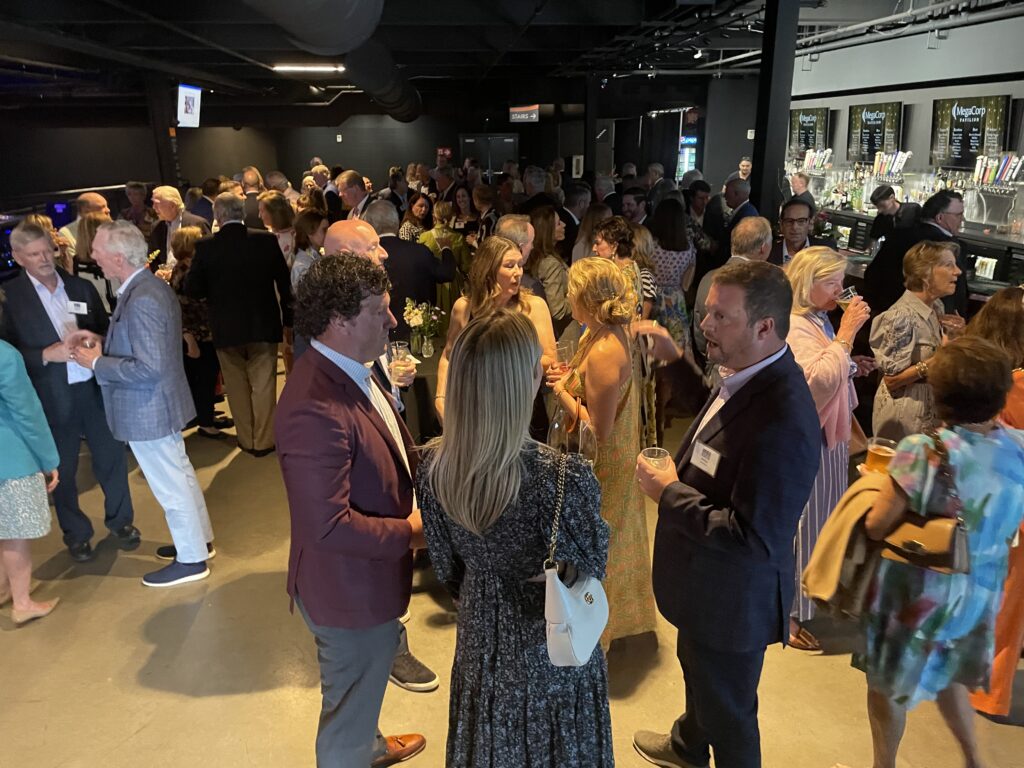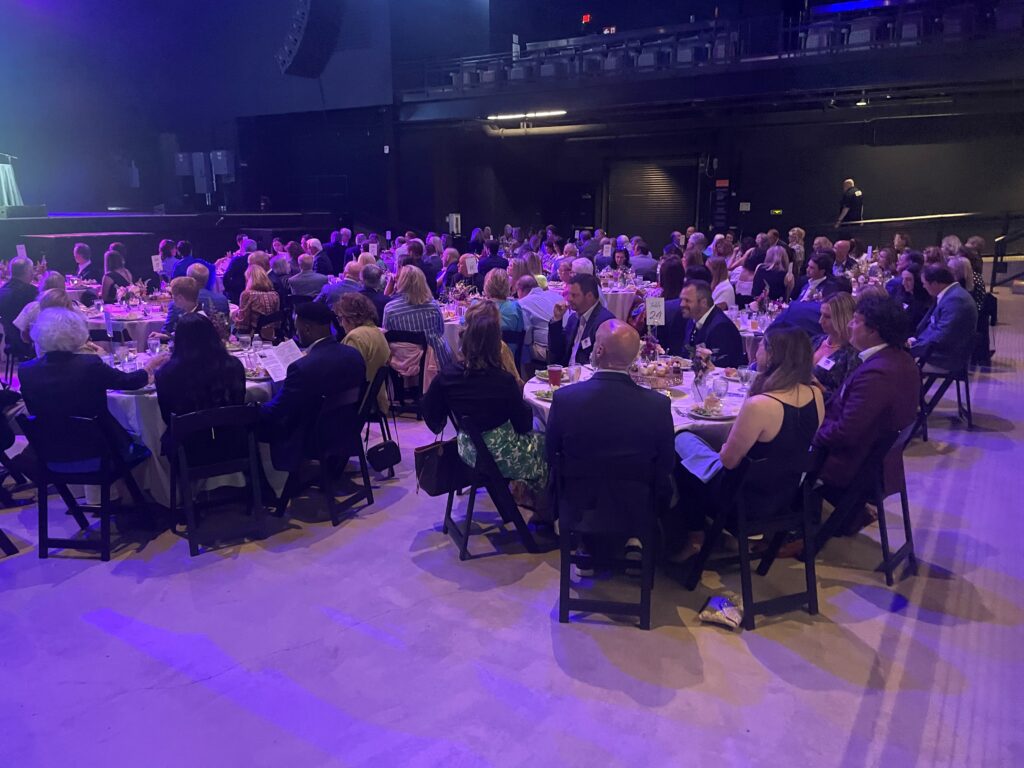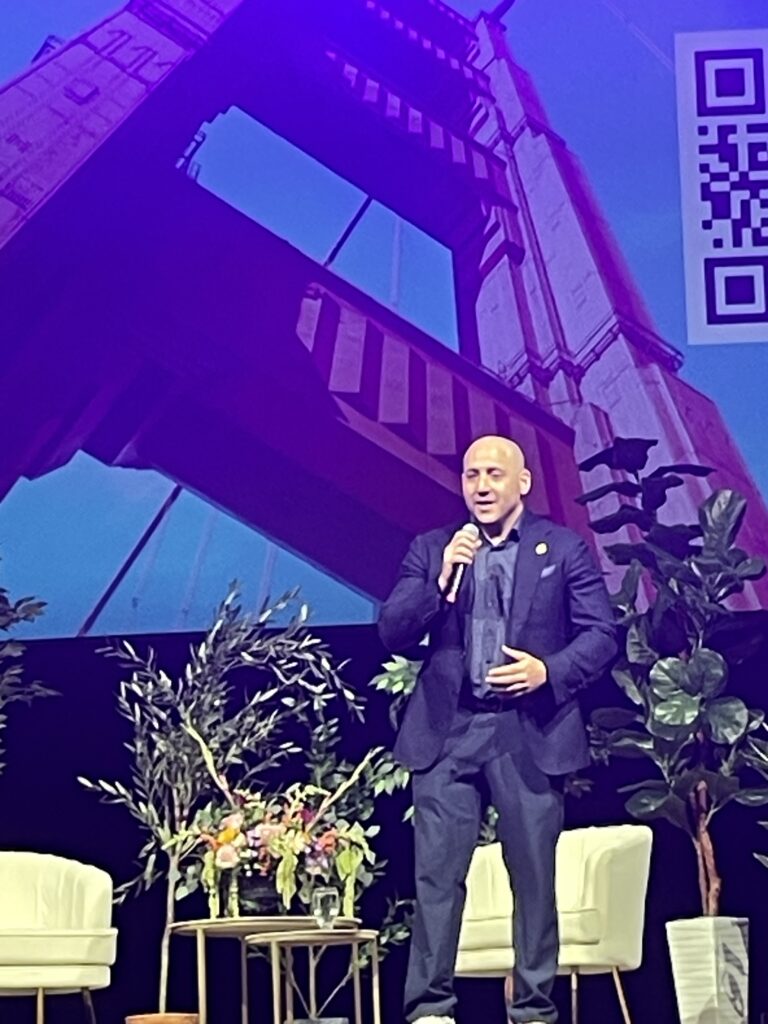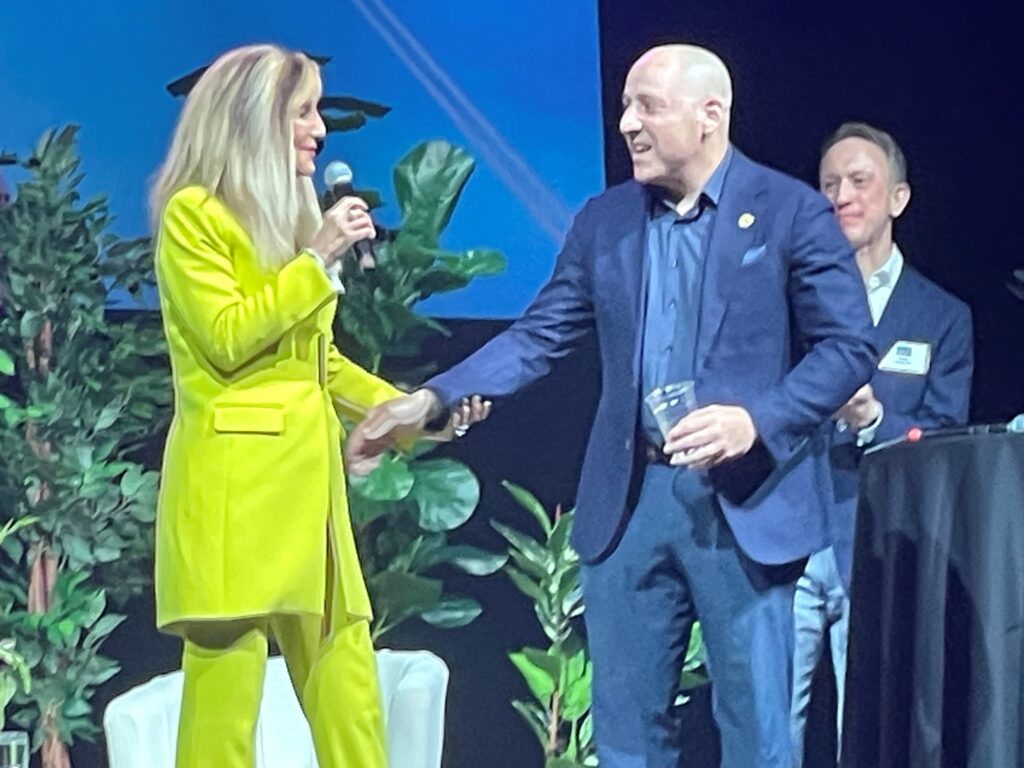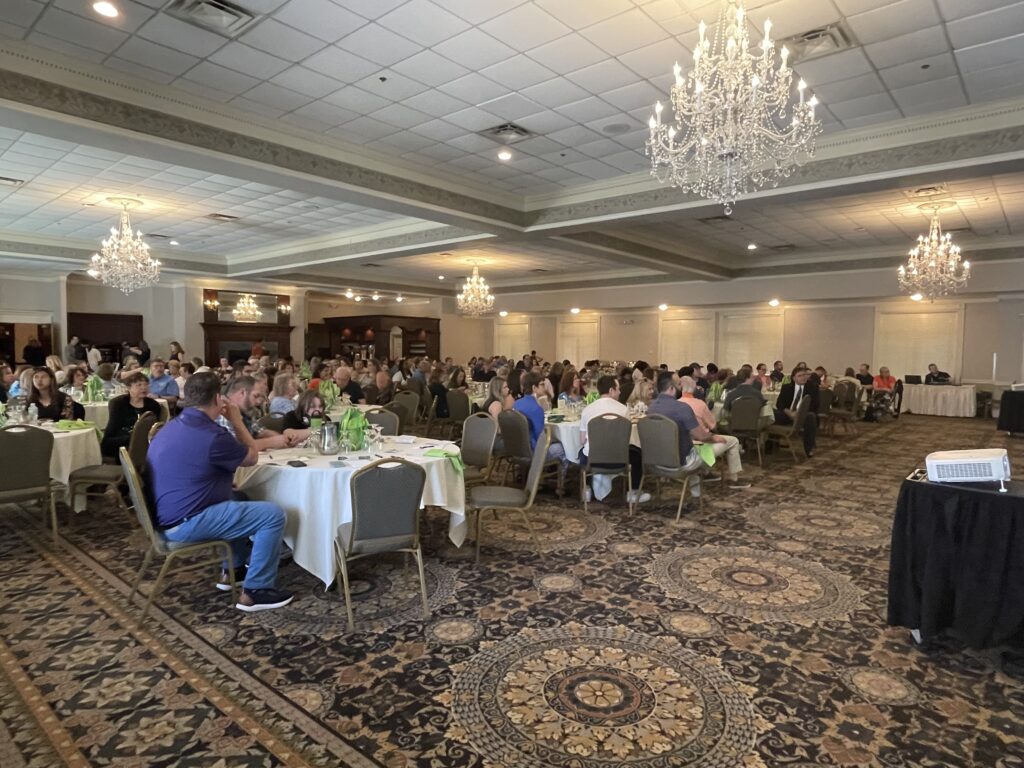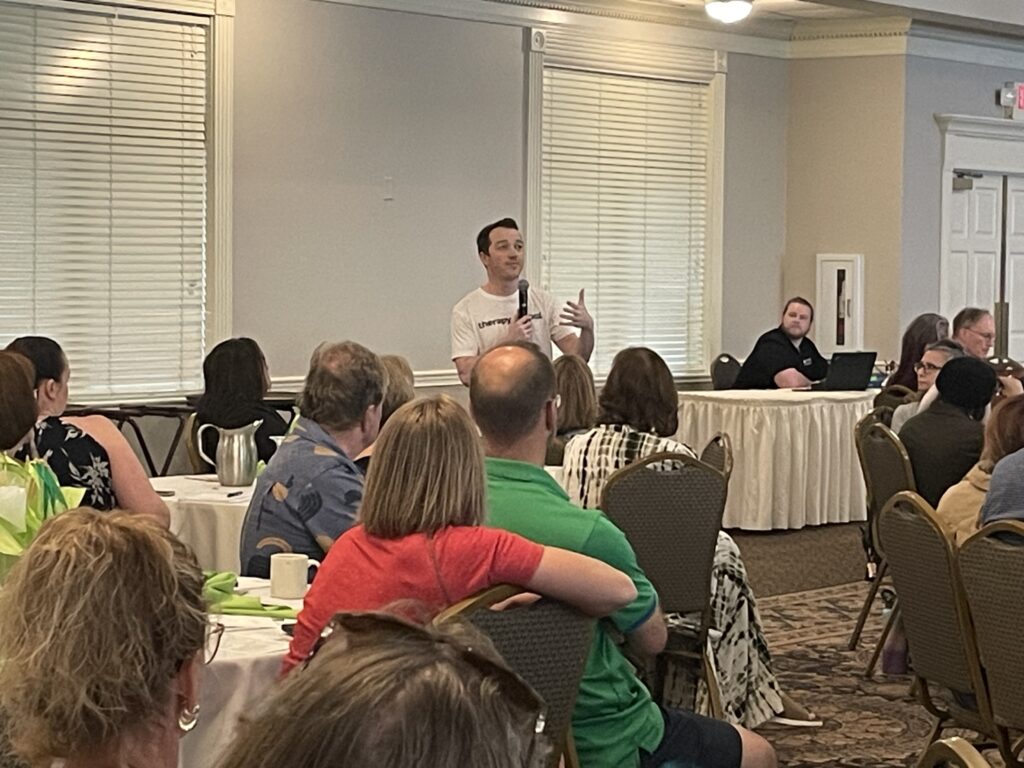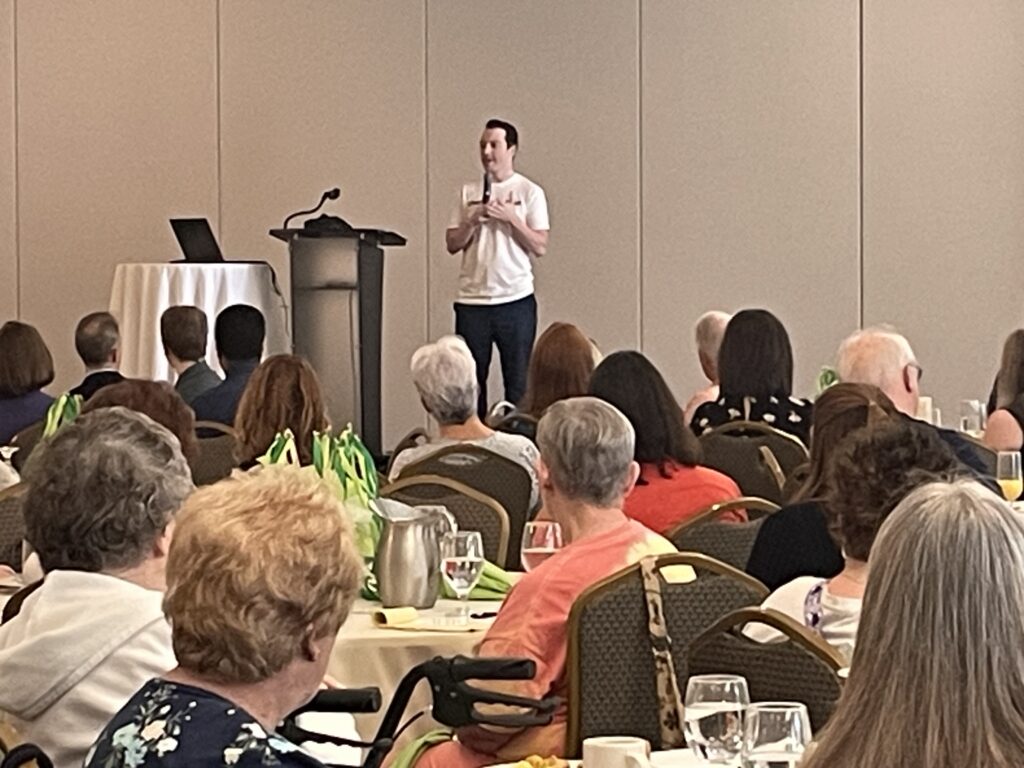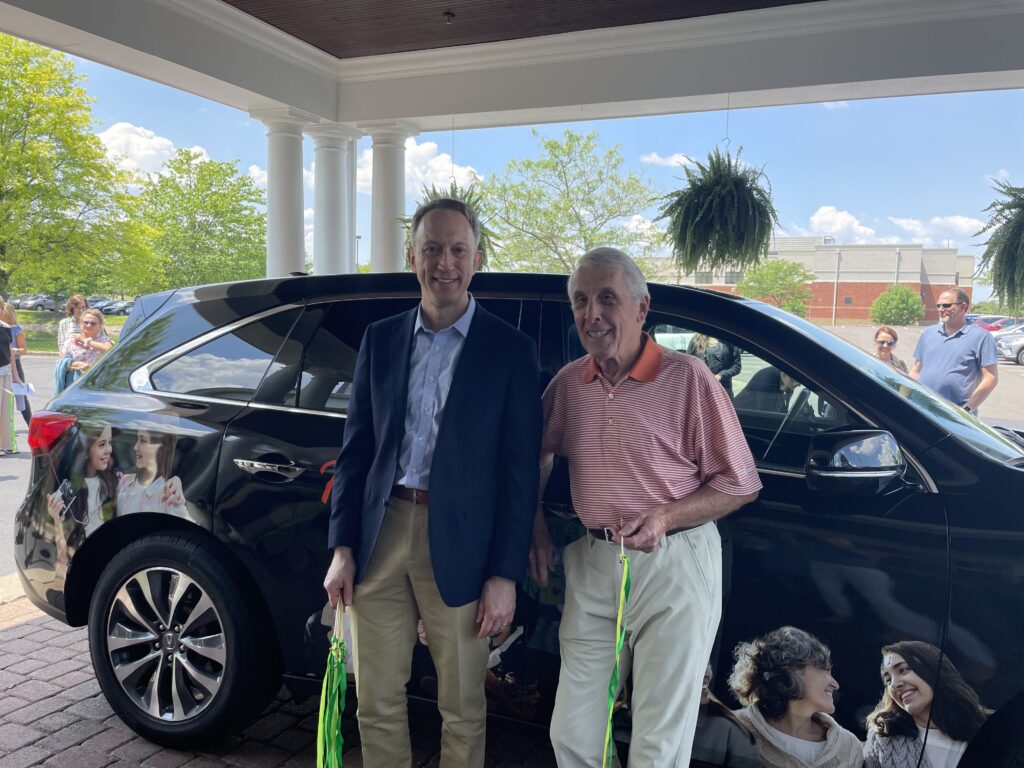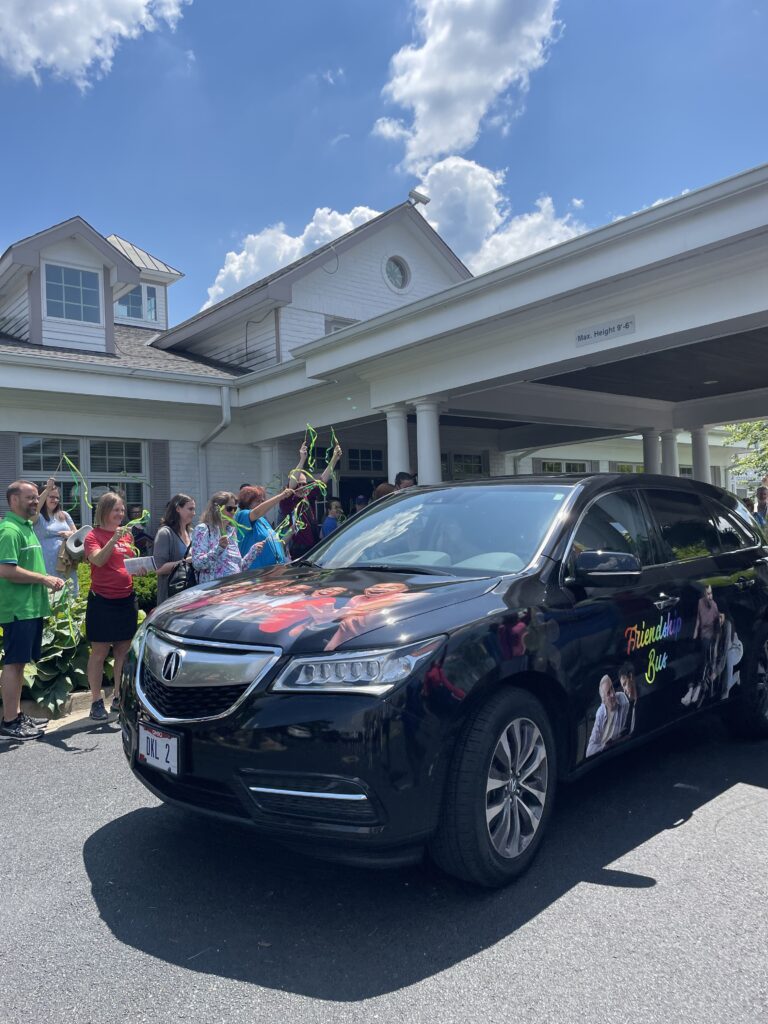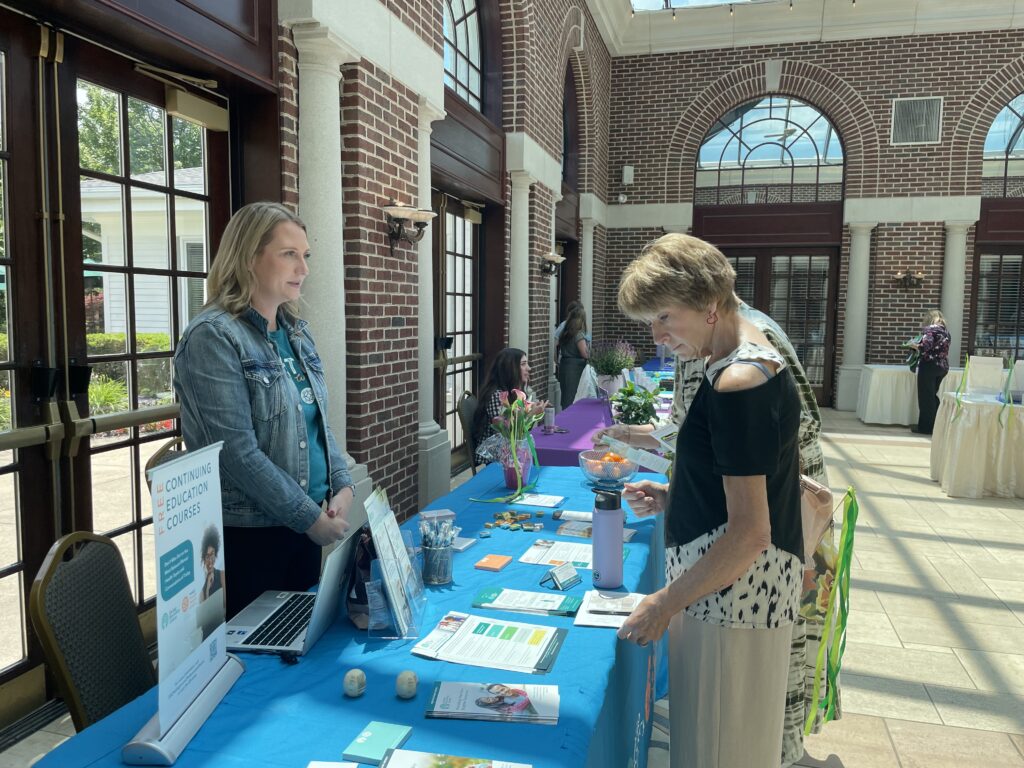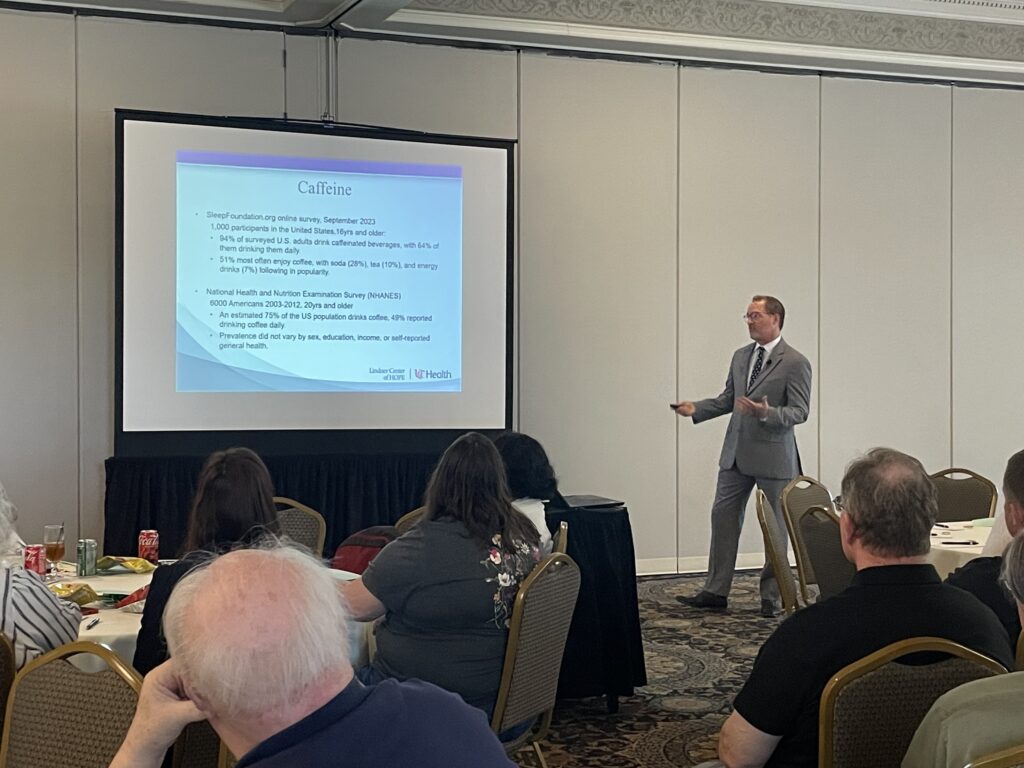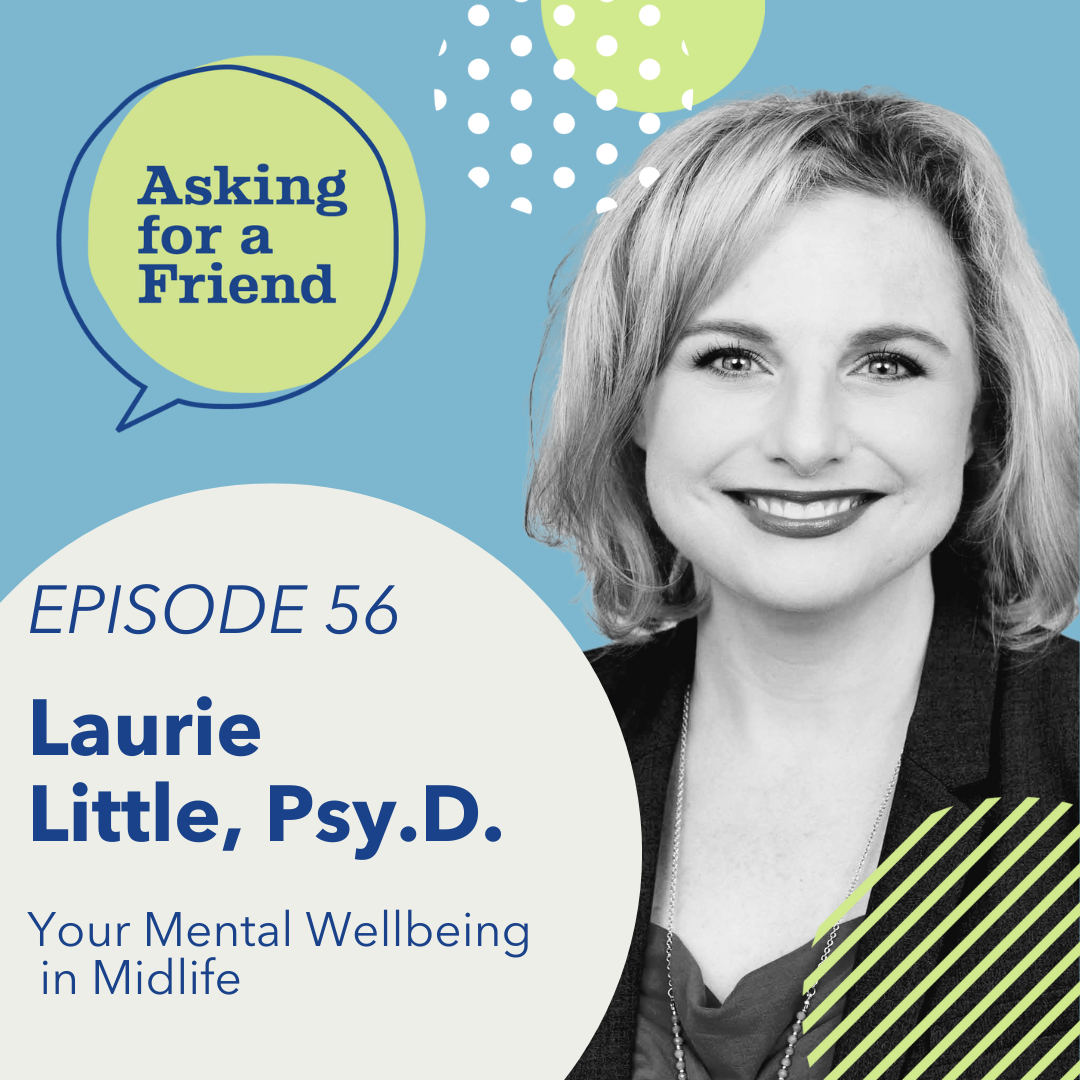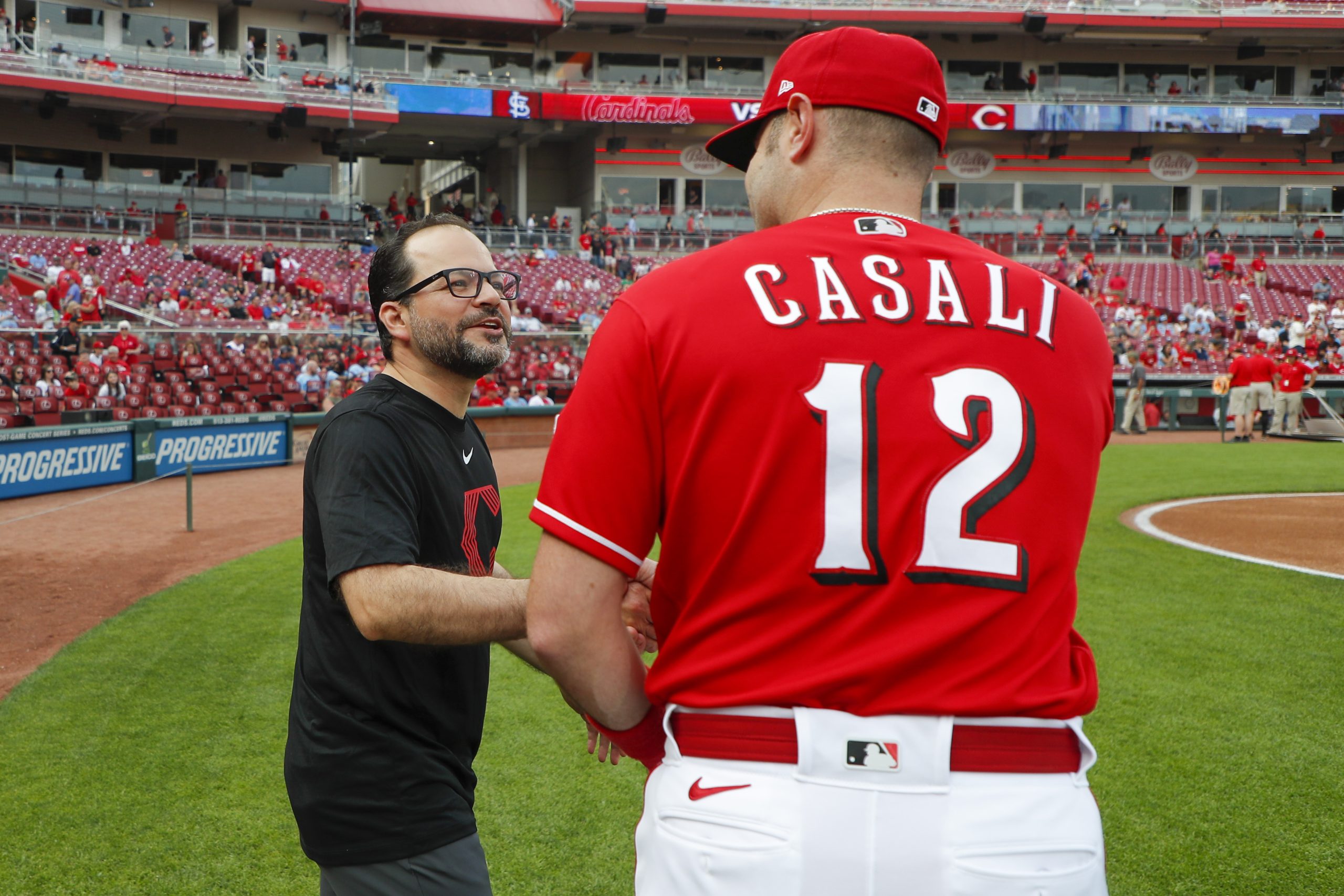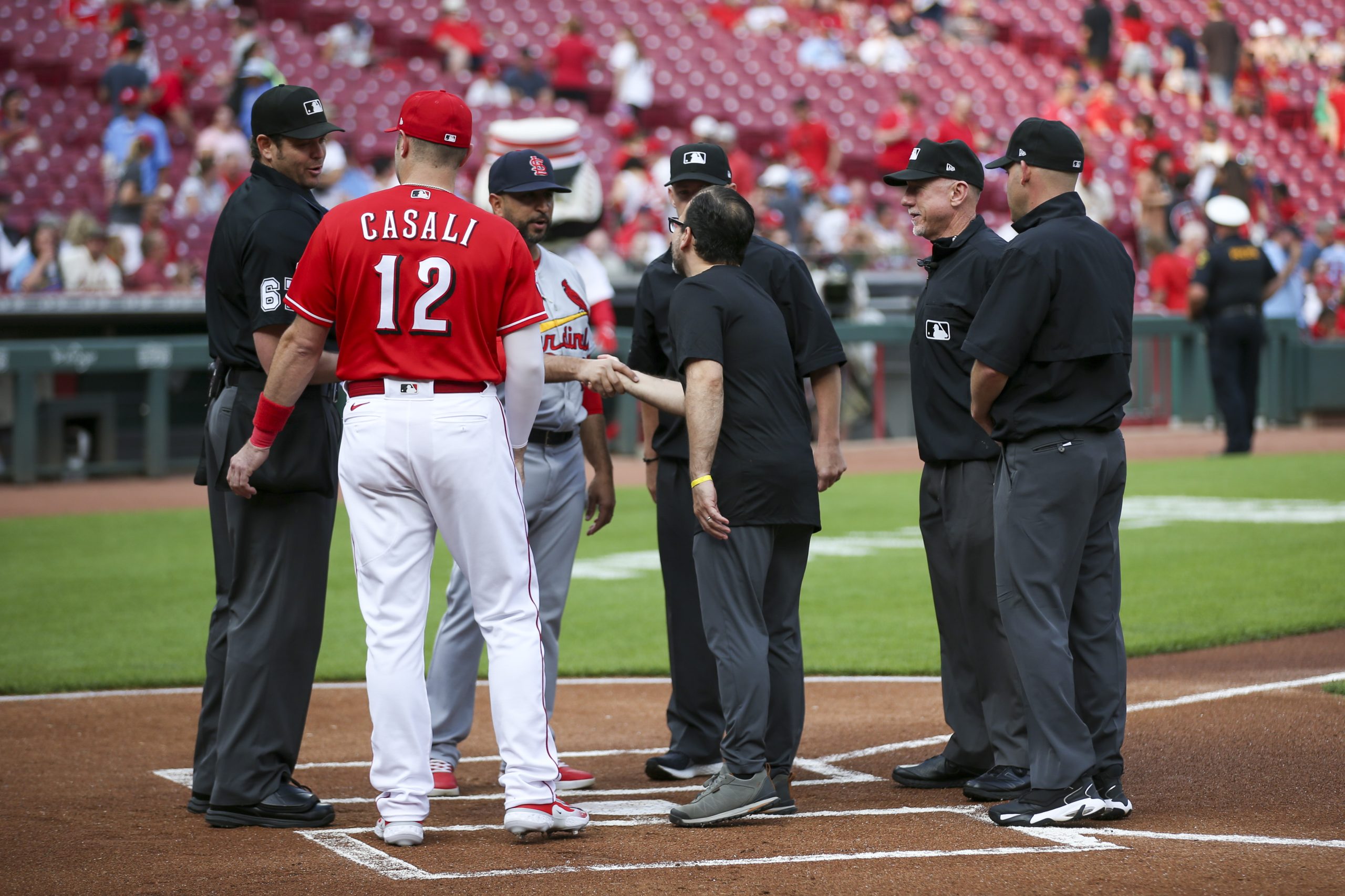Category: Mental Healthcare
Understanding Electroconvulsive Therapy and Finding Leading ECT Providers
Electroconvulsive Therapy (ECT) is a medical treatment that is often misunderstood but has proven to be highly effective for certain mental health conditions. This article aims to clarify what ECT is, where to find ECT providers near you, and to highlight the availability of ECT therapy in Cincinnati and Ohio.
What is ECT?
Electroconvulsive Therapy (ECT) is a psychiatric treatment where seizures are electrically induced in patients to provide relief from mental health disorders. It is typically used when other treatments, such as medications and psychotherapy, have not been successful. ECT has been found to be particularly effective for severe depression, bipolar disorder, and schizophrenia.
Read some FAQs on ECT from the Linder Center of HOPE.
How Does ECT Work?
ECT involves placing electrodes on the patient’s scalp and delivering a controlled electric current, which causes a brief seizure. The procedure is performed under general anesthesia, ensuring the patient does not feel any pain.
The seizure activity is linked to brain chemistry changes that can quickly reverse symptoms of certain mental health conditions. ECT treatment does not cause any structural damage to the brain.
Misconceptions About ECT
Despite its effectiveness, ECT is often surrounded by misconceptions. Many people associate it with outdated and barbaric practices due to its portrayal in the media.
However, modern ECT is a safe, well-regulated procedure with minimal side effects. Common side effects may include short-term memory loss and confusion, but these typically resolve soon after the treatment.
Where to Get ECT Therapy
If you are considering ECT, finding the right ECT provider is key. An ECT center typically offers a range of services, including initial consultations, treatment planning, and follow-up care. It’s essential to choose a facility with experienced professionals who can provide personalized care.
When searching for ECT providers near you, consider the following factors:
- Qualifications and Experience. Ensure the providers are board-certified psychiatrists with specialized training in ECT.
- Facility Accreditation. Look for ECT centers accredited by reputable healthcare organizations.
- Patient Reviews. Read reviews and testimonials from other patients to gauge the quality of care.
- Comprehensive Services. Choose a center that offers comprehensive services, including pre-treatment evaluations and post-treatment support.
Steps to Getting ECT Treatment
- Consultation. Schedule an initial consultation with an ECT provider to discuss your medical history and suitability for ECT.
- Evaluation. Undergo a thorough evaluation, including physical and psychiatric assessments.
- Treatment Plan. Work with your provider to develop a personalized treatment plan.
- Ongoing Care. Attend follow-up appointments to monitor your progress and adjust the treatment as needed.
ECT Providers in Cincinnati, Ohio
If you or a loved one is struggling with severe mental health issues and other treatments have not been effective, ECT might be a viable option. To get ECT treatment, start by consulting with your primary care physician or a mental health professional to discuss your symptoms and treatment history. They can refer you to a reputable ECT provider near you.
Cincinnati is home to the Lindner Center of HOPE, a leading ECT provider.
There is HOPE
Electroconvulsive Therapy is a powerful tool in the treatment of severe mental health conditions. If you or someone you know is facing severe symptoms related to mental health disorders or life-threatening cases of depression or bipolar disorder, contact the team at the Lindner Center of HOPE, located in Mason, Ohio (located between Cincinnati and Dayton, OH). Always dial 911 for emergencies.
By understanding what ECT is and knowing how to find the best ECT providers near you, you can make informed decisions about your mental health care. Whether you are in Cincinnati or elsewhere in Ohio, Lindner Center of HOPE’s ECT center is ready to help you on your journey to better mental health.
For existing patients, ECT treatment appointments are available Monday–Friday, 7 a.m. to 1 p.m. New patients require a consultation prior to ECT treatment. Call 513-536-HOPE (4673) or contact us online.
